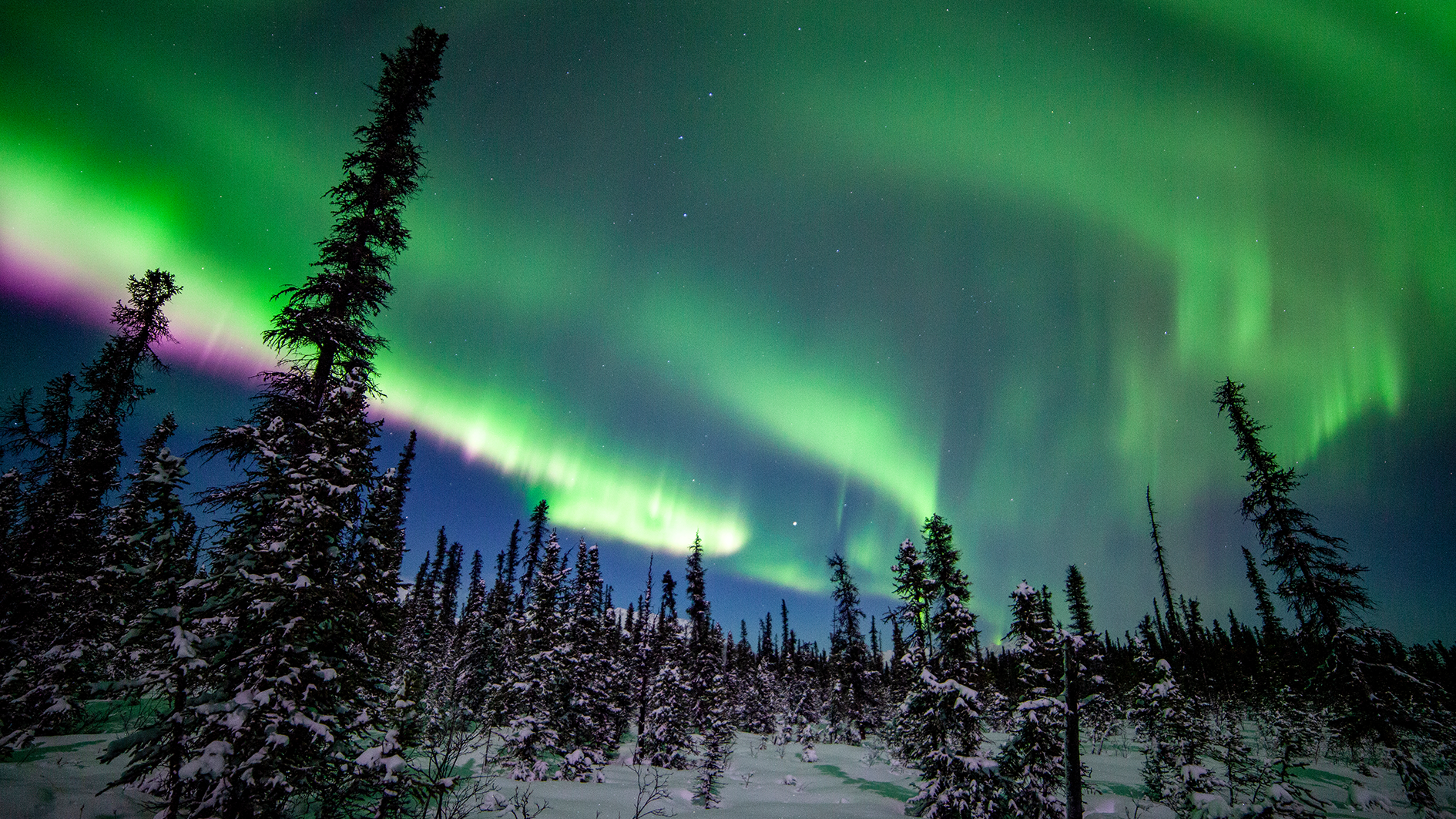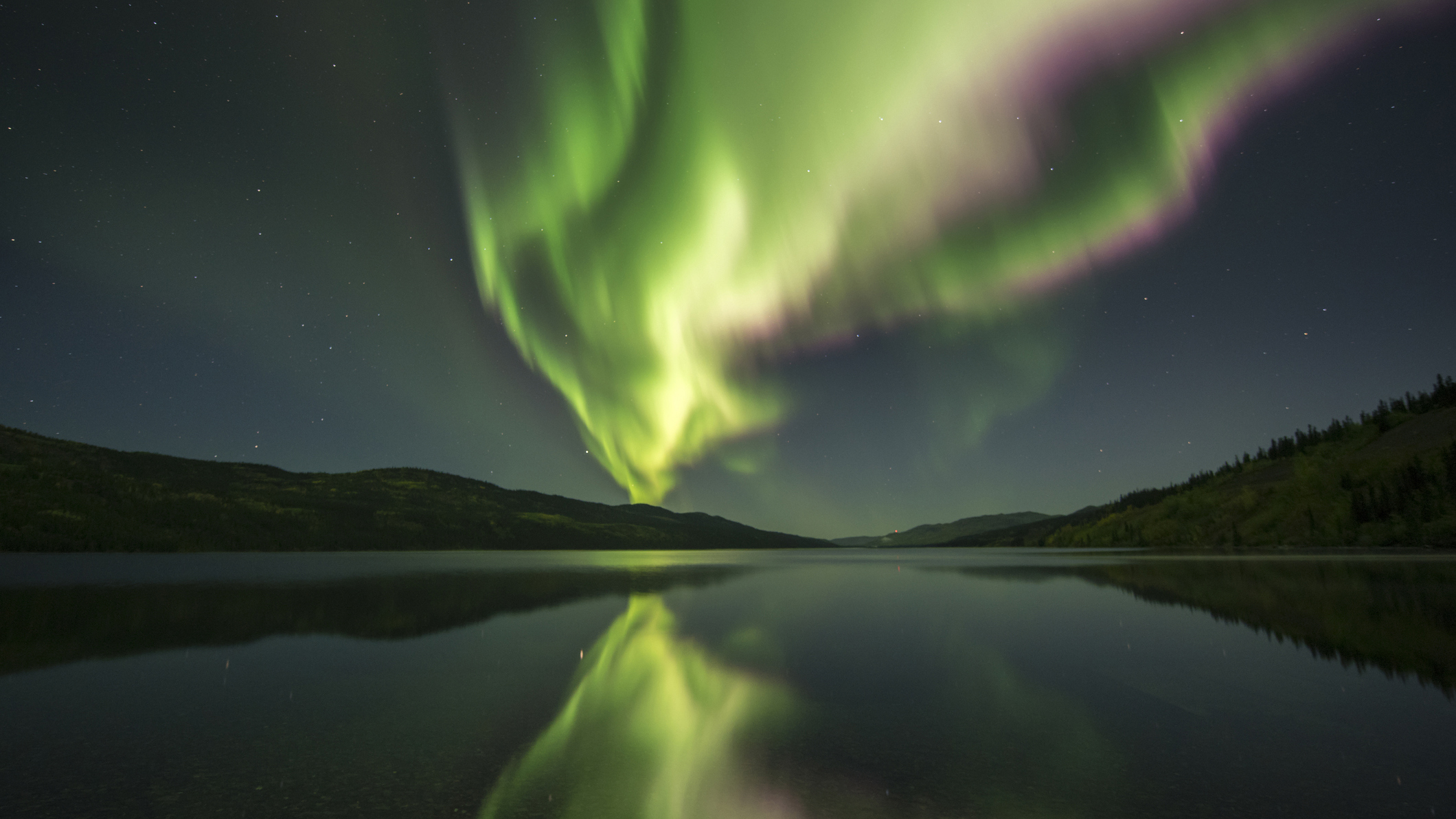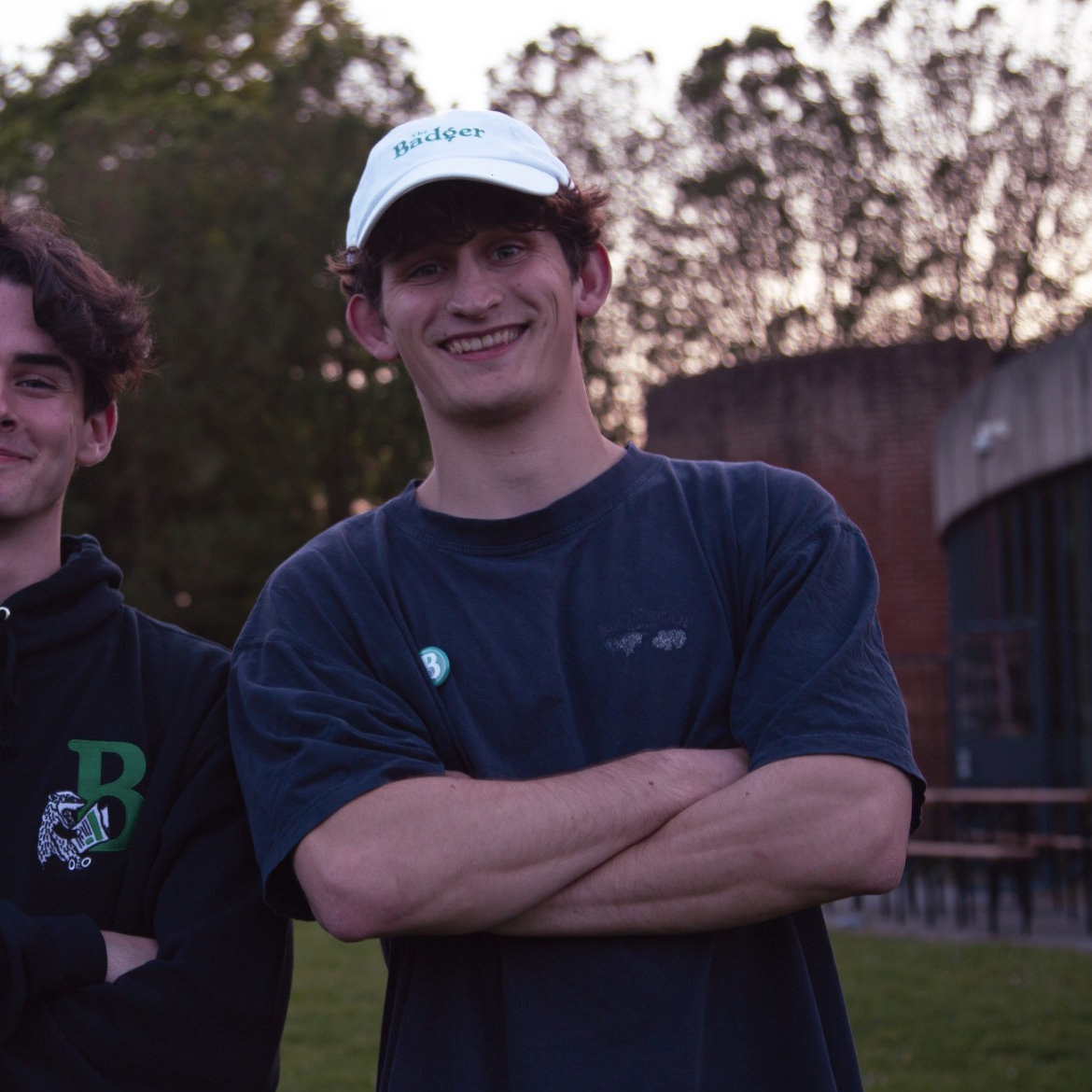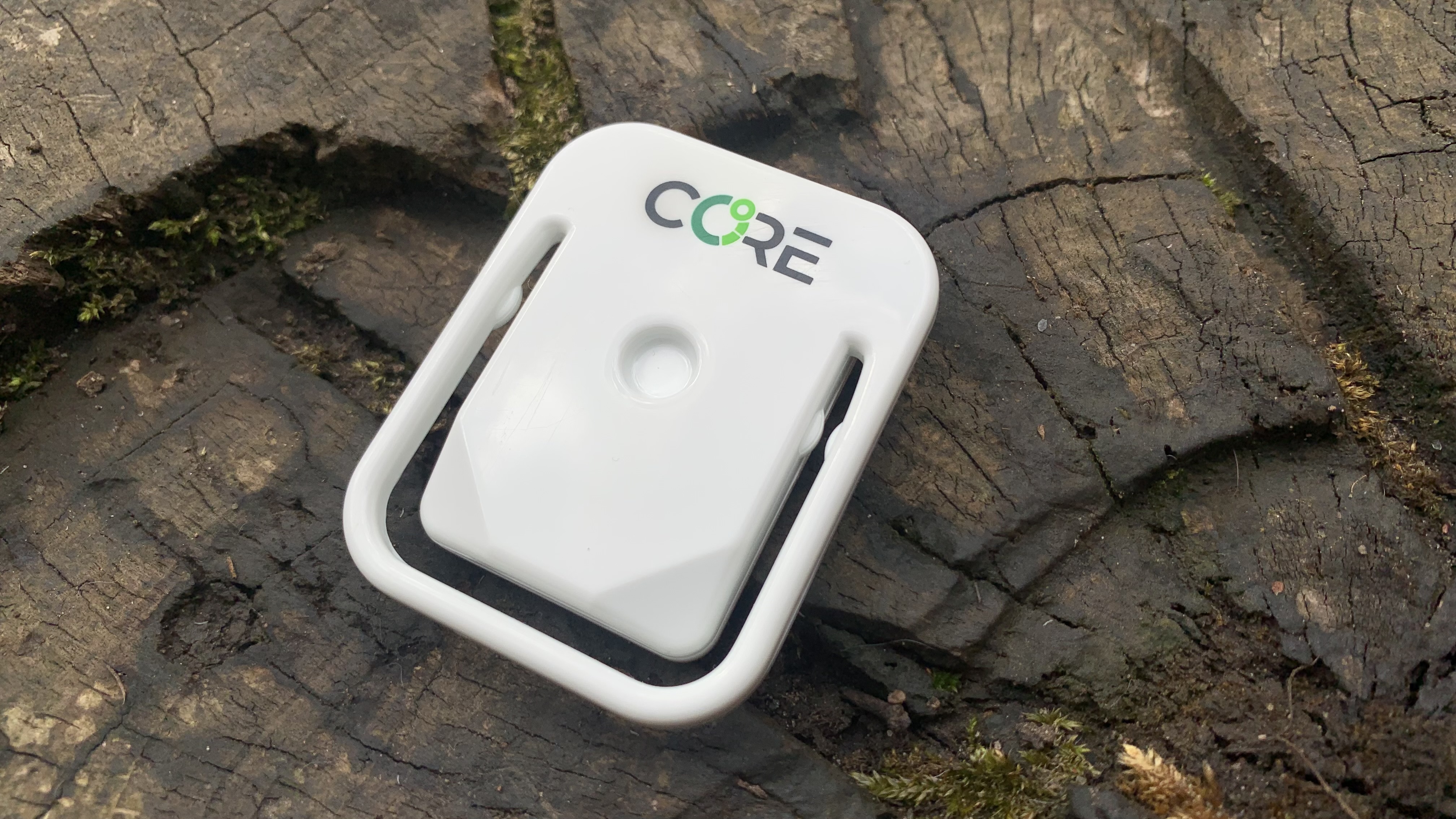Aurora Borealis dazzles hikers in Alaska - here’s how you can catch a glimpse for yourself
The spectacular natural phenomenon paints the skies around the North Pole with glowing multi-colored lights - follow our top tips for the best view

Stunning views of the Aurora Borealis have wowed hikers in Alaska over the past few days, appearing in freezing conditions over trails near the city of Fairbanks.
The dazzling natural phenomenon occurs when charged particles from the sun interact with Earth's magnetic field. Otherwise known as the Northern Lights, the Aurora Borealis is visible on clear nights in parts of the Northern Hemisphere.
See for yourself
On average, the Aurora Borealis is visible four out of every five nights in Alaska, during its peak season. However, getting a clear, uninterrupted look can get a little tricky. Here are our top tips to help you get the best view of this colorful light show.
- Head north: The lights are clearest at the North Pole, where Earth's magnetic field is at its strongest. Alongside Alaska, the Aurora Borealis can be seen from the northern parts of Russia, Canada, and Greenland as well as the arctic regions of Scandinavian countries like Finland and Norway.
- Visit during the peak season: The Aurora Borealis can be seen from late August to mid-April but is strongest around the equinoxes, when the Earth's Axis is tilted neither away from nor towards the sun. These occur in late March and September and present a great opportunity for Aurora Borealis viewing.
- Get away from man-made light pollution: Bright city lights can worsen your view of the Aurora Borealis by overpowering the stunning light show. For the best view, get out of the city and onto the trails. The more remote you are, the better the visibility will be.
- Check the weather forecast: Clouds and fog can obscure the glowing lights, so check ahead of time and pick a clear night.
- Avoid a full moon: Like man-made light pollution, the bright rays of a full moon are often overpowering. Aim to avoid full moon nights for an unobstructed view of the Aurora Borealis.
- Stay up late: The best viewing times are usually between 10 pm and 2am, so be prepared to miss your bedtime and wait a while for the lights.

For more on how to view the Aurora Borealis, check out our expert guide.
- The best binoculars: for birdwatching and astronomy
- The best down jackets: stay warm when the temperature drops
Advnture Newsletter
All the latest inspiration, tips and guides to help you plan your next Advnture!

Will Symons developed his love of the outdoors as a student, exploring every inch of Sussex’s South Downs national park and wild swimming off the Brighton seafront. Now a Staff Writer for Advnture, Will previously worked as a freelance journalist and writer, covering everything from cricket to ancient history. Like most Advnture staff, Will’s time is rarely spent indoors, he can often be found hiking, wild swimming or playing cricket.
